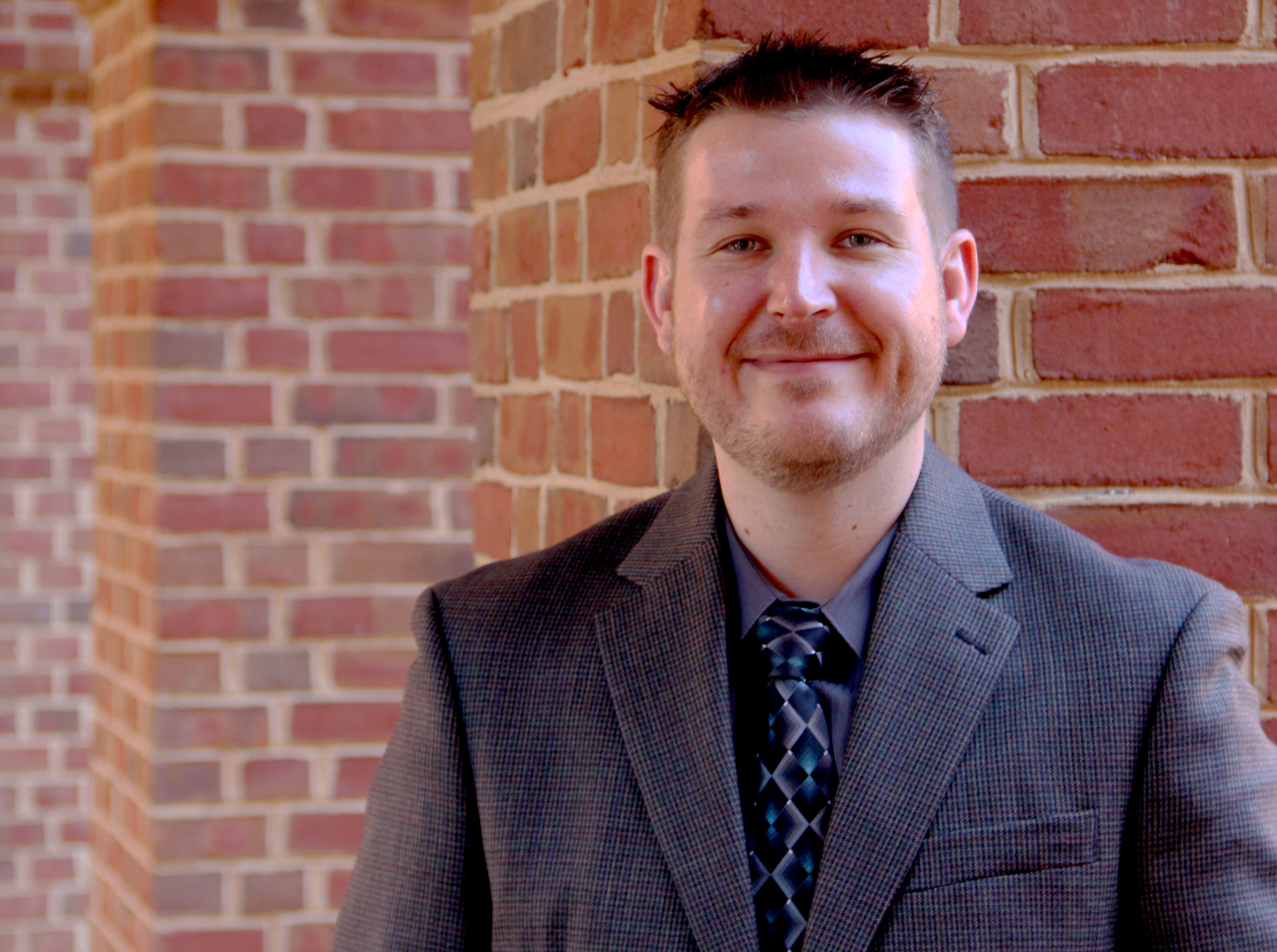Most often, a childhood diagnosis of attention-deficit/hyperactivity disorder is treated only as a problem to be fixed. An important new clinic and research program at the University of Virginia’s Curry School of Education takes an alternative perspective: It focuses on unlocking the capacity and potential of children with ADHD.
The Curry School is opening a new center focused on the assessment and treatment of children with ADHD. The Children’s Learning Clinic is open to the public for children ages 8 to 12 who are experiencing challenges with attention, impulsivity and/or hyperactivity, including those suspected by parents and/or teachers of having ADHD, or who have been previously diagnosed with ADHD. The services are affiliated with Curry’s Youth-Nex: The U.Va. Center to Promote Effective Youth Development and housed in the Sheila C. Johnson Center for Human Services in Bavaro Hall. Families may qualify for assessment and treatment services regardless of insurance or ability to pay.
“Our ultimate goal is to do more than stop ADHD from impairing these children’s academic, peer and family functioning,” said clinic director Michael Kofler, a licensed clinical psychologist and assistant professor at the Curry School. “We believe these children can go from struggling to thriving.”
Based on the estimated three to five percent prevalence rate of school-aged children with ADHD, between 3 million and 4 million children in the United States and as many as 94,000 in Virginia have ADHD.
A unique feature of Kofler’s work is its focus on looking at ADHD from a strengths-based perspective.
“Many of the behaviors associated with ADHD that are typically viewed as negative may be actually purposeful, including hyperactivity,” Kofler said. “We all move around more to help us stay alert and focused. Next time you’re in a long meeting, watch as everyone starts to shift in their chairs and move around after a while.”
His research includes asking, “What potential and capacity might we be missing in children with ADHD by only viewing their behavior as negative?”
Kofler, who recently received the Young Scientist Research Award from the national ADHD advocacy organization Children and Adults with Attention-Deficit/Hyperactivity Disorder, has designed an extensive assessment process for both the children the clinic will see and their parents.
“Our assessment is incredibly comprehensive,” Kofler said. “For example, to assess hyperactivity, one tool we use is an actigraph – it is the size of a wristwatch – that objectively measures a child’s motor activity 16 times per second.”
Two weeks following these tests, the parents will receive a full debriefing and comprehensive clinical report.
According to Kofler, “attention problems don’t always mean ADHD.” Nearly 40 percent of children thought to have ADHD are ultimately diagnosed with something else, such as anxiety, depression, a learning disability or no disorder at all.
Those whose assessment profiles are consistent with a diagnosis of ADHD will be invited to participate in a 10-week, non-medication treatment. Children who do not fit these criteria will be referred to the appropriate locations for follow-up and treatment.
“While there are many treatments that claim to help ADHD, only two are proven effective: medication and behavioral therapy,” Kofler said. “We will focus exclusively on the behavioral therapy.”
Each session over the 10 weeks will include clinicians from the Children’s Learning Clinic working with the parents or caregivers of the child with ADHD. The goal of these sessions is to teach parents specific, scientifically proven techniques and strategies to help their child be successful, given their child’s unique strengths and challenges. According to Kofler, evidence shows that this brings not only positive changes in the child’s behaviors at home, but also at school.
The impetus for this research program was the vision of a family directly impacted by ADHD. Mark Galant is a 1980 graduate of U.Va.’s McIntire School of Commerce who describes himself as a serial entrepreneur. His wife, Cindy, a graduate of U.Va.’s College of Arts & Sciences, serves on the Curry School Foundation board of directors. Their son Tyler, now 26, was diagnosed with ADHD in sixth grade. Soon afterward, Mark was also diagnosed and, in hindsight, believes that his profile of attention strengths and weaknesses has actually helped guide his career.
The Galants gifted $340,000 to establish and fund the clinic. Their gift allows the Children’s Learning Clinic to offer diagnosis and treatment, and to conduct research on factors that lead to success among children with learning and activity problems, rather than always viewing and treating these concerns as deficits or disorders.
“Our initial impression of the Curry School was that it was cutting edge, seeking new and unconventional ways of addressing challenges in education,” Cindy Galant said. “Our ongoing involvement with Curry has confirmed that impression. And the ADHD research fits in perfectly with that approach.”
As Kofler puts it, “We know that behavioral therapy works, though there are individual differences in its level of effectiveness. Our goal is to figure out what makes the therapy work especially well for some children.”
Once those predictors are identified, they can be used to improve the therapy to make it more successful for more children.
“We are delighted to be providing the highest quality assessment and therapy for families and children experiencing challenges in areas of attention and hyperactivity,” said Robert C. Pianta, dean of the Curry School. “Perhaps even more exciting are the plans for Dr. Kofler’s research to identify ways that these challenges can, in fact, be recast as strengths and promote a much greater likelihood of positive outcomes.”
The clinic is currently open to children ages 8 to 12. Interested parents should contact the Sheila C. Johnson Center at 434-924-7034 for additional information or click here.
For information about the Galants and Kofler, click here.
Media Contact
Article Information
April 29, 2013
/content/uva-s-curry-school-education-offers-new-services-children-adhd

